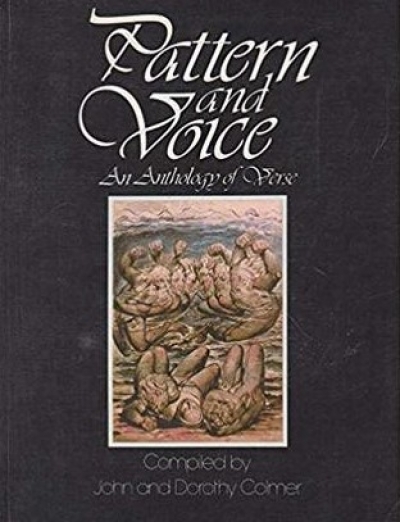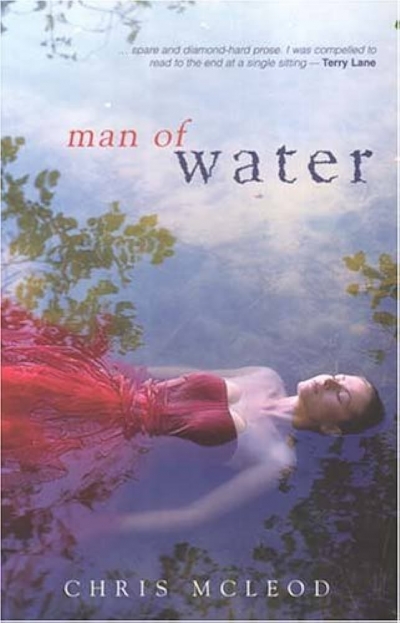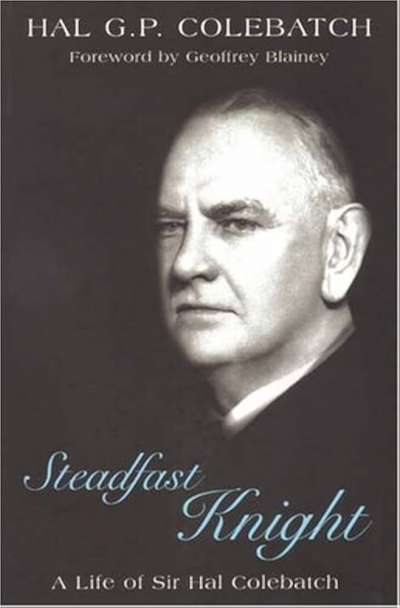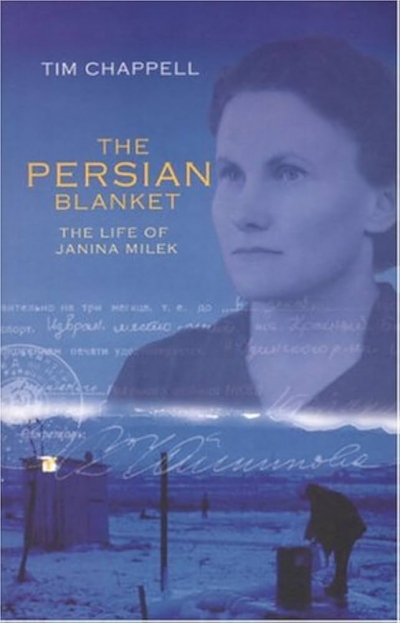Freemantle Arts Centre Press
Man of Water by Chris McLeod & Sunnyside by Joanna Murray-Smith
by Rachel Buchanan •
Steadfast Knight: A life of Sir Hal Colebatch by Hal G. P. Colebatch
by Paul de Serville •
The Persian Blanket by Tim Chappell & Not Paradise by Anna Rosner Blay
by Gay Bilson •




